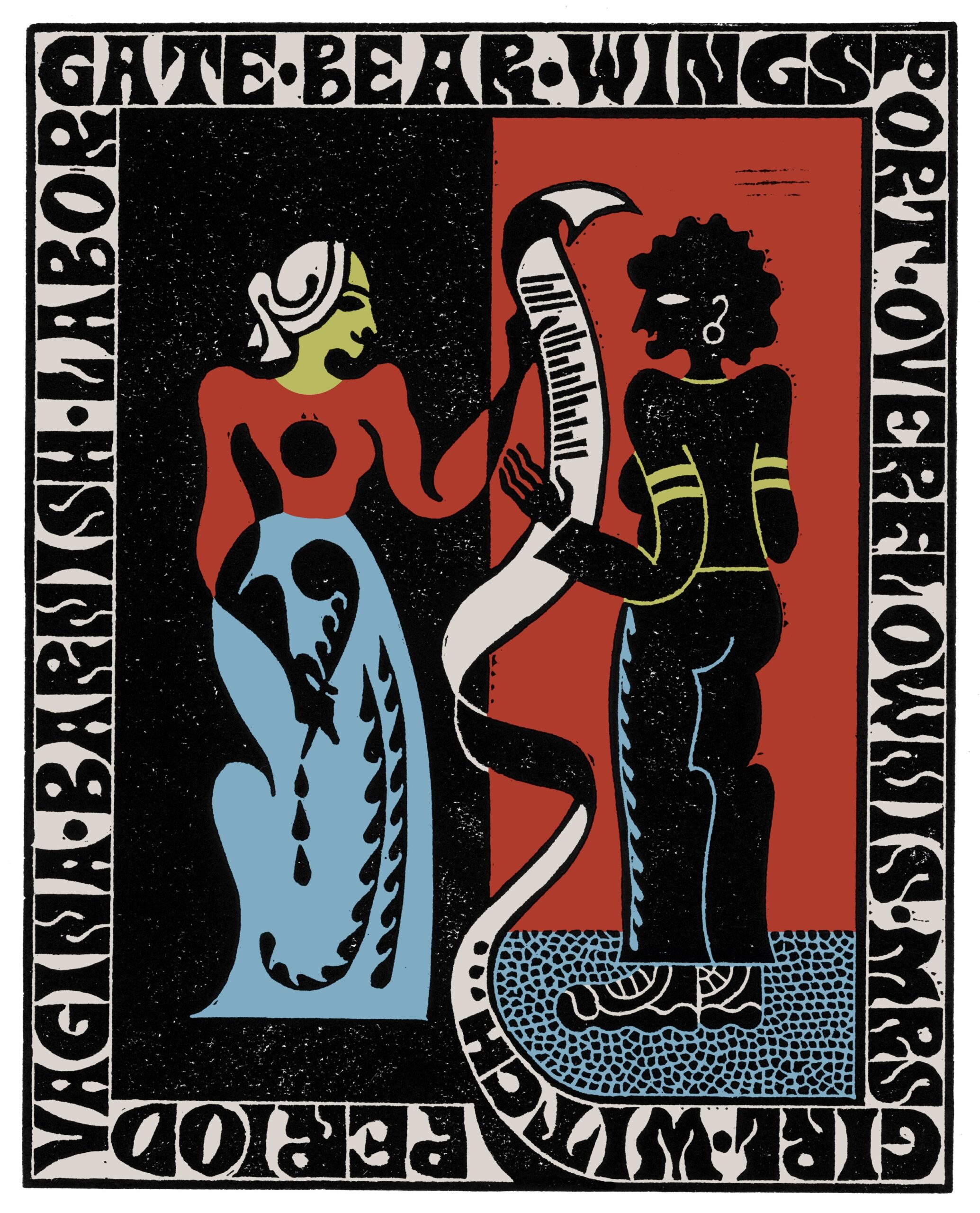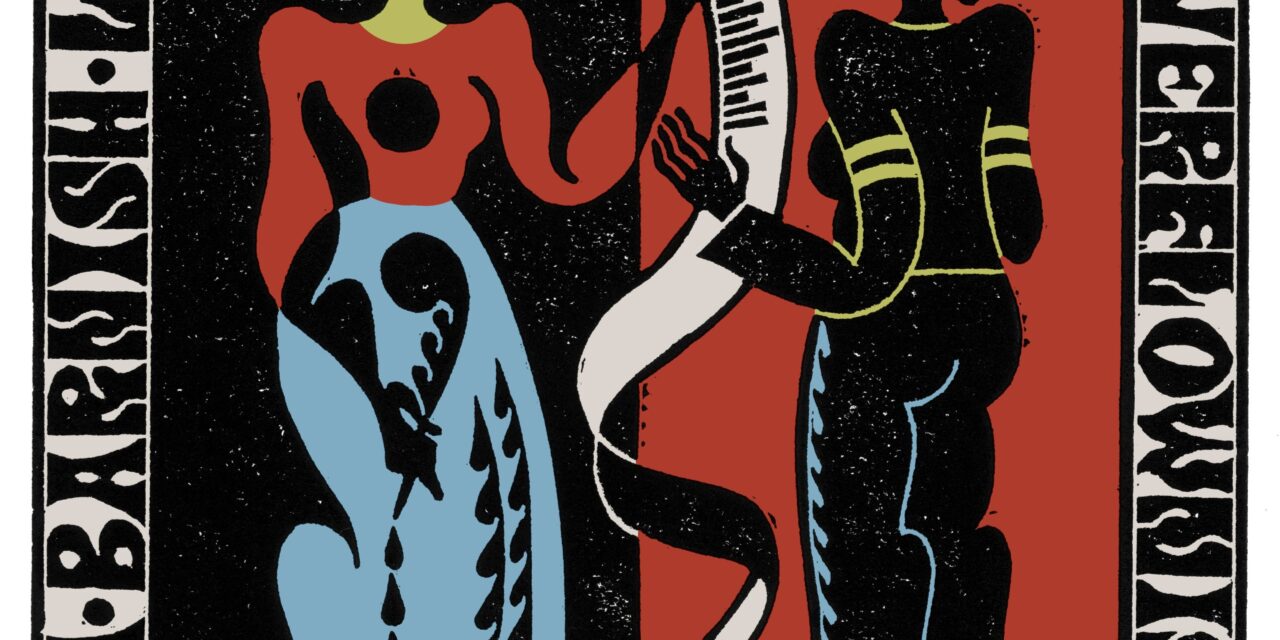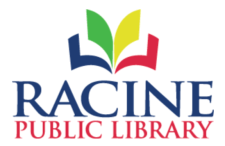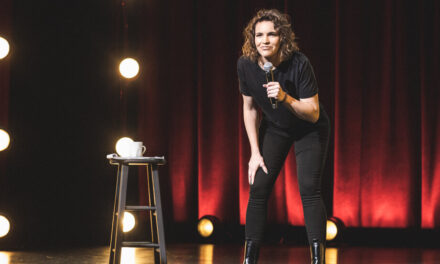How Much Do Words Matter?

Compared with other widely spoken languages, English has few guardrails against the will of the masses. We have no governing body equivalent to the Real Academia Española, much less the notoriously hard-core Office Québécois de la Langue Française, and our self-appointed language police, the bow-tied vigilantes behind usage guides and dictionaries, have for the last fifty years seen their power wane. Grammar is out, relativism is in, and the very project of telling (alt: teaching) other people how to speak or write has come to be seen by many Americans as authoritarian on its face. Depending on whom you ask, the language tyrants are either a cultural élite bent on gender-neutral pronouns and sensitivity training or a racist overclass clinging to power by refusing to take seriously anyone who ends a sentence in a preposition. Either way, it’s worth remembering that, outside the small fiefdoms of H.R. seminars and classrooms, the English language has no actual nobility.
The frustrations of language democracy are just those of democracy in general: that we must, to a large and sometimes intolerable extent, abide by the votes of other people. And so, in language as in any other democratic process, we campaign. Perhaps you ask your roommates not to say “moist,” or you get married and insist that your co-workers use your new last name. Your roommates may not agree that “moist” is objectionable. Your co-workers may disapprove on feminist grounds of you taking your husband’s last name. But if they value keeping the peace at home and work more than they value their unfettered free expression—and, in practice, almost everyone does, almost all of the time—they will, at least to your face, obey.
A common complaint about language campaigns is that they are less about the word or phrase itself and more about power and submission. This is, I think, largely true, but it is also less controversial than the complainants tend to assert. For most Americans, language coercion is unacceptable if it comes from the government—the only kind of coercion regulated by the First Amendment—and suspicious if it comes from a corporation big or monopolistic enough to play certain government roles. (Twitter, for example, has largely privatized the regulation of speech in the public commons.) These same Americans generally accept the soft coercion of friendship or love and, often, the hard coercion of authority relations such as adult and child, or boss and worker. Many cashiers, servers, flight attendants, and call-center workers do not enjoy saying “It was a pleasure to serve your needs today,” but these are not the people typically seen as the victims of language-coercion campaigns.
A language campaign becomes controversial in fairly limited circumstances. The language at hand must be obviously political. The parties involved must have no ties of trust or obligation that can plausibly recast the argument as one of civility or decency or loyalty rather than cold, hard politics. Controversy is especially likely when the target of a campaign has a job with a special claim to linguistic freedom, such as a professor or a newspaper editor. In such cases, an appeal to “etiquette” or “hurt feelings” or “because I told you so” is, for many, no longer sufficient. Here, flailing about for a fact to outmaneuver a feeling, we tend to turn to etymology. In support of the singular “they,” for example, one could point to the failed, centuries-long search to find a different third-person singular pronoun that is both gender-neutral and widely used. A debate about the capitalization of “Black” might draw on analogies to the historically accepted case conventions of, respectively, “white” and “Asian.”
Of course, how much etymology matters is itself a contentious, subjective debate. On one side, a group we might call the Indulgers points out quite reasonably that most words answer not to their origins but to public opinion. “Absurd” signifies nothing about deafness, a “seminar” nothing about sperm. A word is offensive if and only if it offends someone. In rejecting the veto power of etymology, Indulgers return all language campaigns to the realm of civility and submission. To the pro-etymology Poindexters on the other side, this is not democracy but anarchy. Etymology, a Poindexter grudgingly admits, cannot decide when someone is offended, but surely it can decide when somebody is reasonably offended. The most powerful votes in a language election should belong to those who know the most about it, not those who are currently viewed by society with the most sympathy, or those who wield the most power and punitive force. Without the history of words as a tiebreaker, the Poindexters believe, we are at the mercy of ignorance and bad faith, of the soft bigotry of linguistic condescension and the gentle euphemisms of corporate abuse.
Like most people, I am, in practice, an Indulger. Nevertheless, aspects of my temperament—grammar nerdery, terror over the arbitrariness of a godless world—place me in sympathy with the Poindexters. I therefore turned with enthusiasm to “Mother Tongue: The Surprising History of Women’s Words,” a new book from Jenni Nuttall, a lecturer at Oxford with a specialty in Middle English. Here I hoped to find a clarifying, anxiety-relieving Poindexter statement on women- or women-related linguistic controversies.
The book’s introduction is promising. Nuttall, who more than once compares dictionary-diving to the exploration of unmapped waters, is clearly a Poindexter of giddy proportions, but she seems to be on guard against the philosophy’s more ridiculous or rigid conclusions. “There’s no need,” she writes, “to fall for what linguists call the ‘etymological fallacy,’ the idea that a word’s initial sense or its etymological origins must determine its current meaning.” Nuttall’s goal is not only to recover the lost history of women’s words (and with it, a forgotten history of womanhood) but also to “embolden us to find as many new words as we need to express exactly what we think and feel.” To this end, she examines the origins of words used over many centuries to describe women’s bodies, desires, pregnancies, work lives, sexual victimhood, and stages of life.
Nuttall’s audience is decidedly non-academic: she defines “vernacular” and introduces Plato as a “fifth-century BC philosopher.” But her research is comprehensive enough that even longtime word enthusiasts will find plenty of new trivia. “Vagina,” we learn in Chapter 1, was originally the Latin word for a sword’s sheath. “Slut” was used as a general term for a maid, such that an upper-class household might hire a cook, a butler, and a slut. “Pornography” and “prostitution” share the same root (“from the Greek porne, ‘a prostitute,’ a word linked to a Greek verb meaning ‘to sell’ ”), while “male” and “female,” surprisingly, do not (the former from the Latin mas, the latter from the Latin femella). At one point in English’s history, “witch,” “man,” and “girl” could each describe people of all sexes.
In its best moments, the book moves from a strict focus on a word’s origins to a general discussion of what the word claims or once claimed about women, often with the effect of foreshadowing or undercutting a current myth. A discussion of “clitoris” reveals that medieval doctors thought women had to orgasm to get pregnant—a delusion that lives on among those in the anti-abortion movement who claim that rape cannot lead to pregnancy. In her treatment of “labor,” Nuttall notes that enslavers believed that Black women did not feel pain during childbirth. Today, this notion endures in the systemic undertreatment for pain in Black people, who are also two and a half times more likely to die in childbirth than white people. A section on the language of medieval erotica demonstrates that women, not men, were once thought to have the higher sex drive, while men were imagined to have greater self-control.
“Mother Tongue” recovers plenty about the history of women’s words. It is less good when it comes to its other goal: emboldening us to choose new words, or to judge the ones we already use. Having warned us early on against the danger of overestimating etymology, Nuttall cheerfully does precisely that for much of the rest of the book. Noting that “Mrs.” was once an honorific for higher-status women rather than a sexist marker of marriage, Nuttall writes that she “feel[s] a little foolish for spending the last fifteen years avoiding my married title wherever possible.” “Predatory” initially draws her disapproval because it suggests that perpetrators of sexual violence are animals who can’t control themselves but is forgiven when she learns that it derives from the Latin praedatio for “plunder.” “Predatory men,” Nuttall concludes, “aren’t animals but thieves.” Are they? An etymology is like the sound made by a tree falling in the forest: if nobody hears it, it may as well not exist.
Nuttall often prefers an older word to a current one. Noting that forty-five per cent of British women cannot find the vagina on an unmarked diagram, while fifty-nine per cent of American women cannot find the uterus—a shocking fact that Nuttall blames in part on the hard-to-remember Latinate words—she laments the loss of terms such as “wings,” “gates,” and “ports” that once described female anatomy. She dislikes “period” as a word for menstruation: much better is “the fluidity” of the long-lost “overflownis.” In place of the Latinate “deliver,” which to Nuttall sounds “as if the baby’s just handed to us out of the tinfoiled crib of a takeaway food courier,” she suggests the sturdy Middle English of “barnish” or “bearn.”
As a word campaigner, Nuttall is blithely decisive when it doesn’t matter, and cagey when it does. She is happy to advocate for words that have no chance of taking off, or to judge a word for a history that is no longer expressed in its meaning. But on subjects that she has identified as politically contentious—exactly where etymological expertise, wisely or not, is most sought—she is anxiously neutral. “Queer,” she writes, has been reclaimed “by some”; “for others,” it “remains an irredeemable slur.” Phrases like “pregnant people” and “people with a uterus” are “for some,” helpful, precise, and inclusive; “for others,” this language “obscures social reality” or is “dehumanising.” Nuttall’s chapter on the language of pregnancy does not address the essentially linguistic debate over fetal personhood—although, to be fair, this may be a less pressing threat to a Brit. She almost entirely avoids the subject of gender-neutral or nonbinary pronouns.
I am, to some extent, sympathetic with Nuttall’s reticence. In my own writing, often on feminist themes, I have the usual trouble with “pregnant people” and “pregnant women,” and with which pronouns to use when referring to a hypothetical or otherwise ungendered person. My current, rather hesitant solution is to use “pregnant people” when I wish merely to refer to everyone who can be pregnant, and to use “pregnant women” when I wish to emphasize something related to the specific hatred of women. (Here I stop to consider whether this hatred is not the very same hatred as that of trans or nonbinary people: often it is.) With pronouns in hypotheticals, I try to use the plural “they” to prevent confusion; if this is not possible, I sometimes use “he” or “she,” choosing the one which seems less stereotypical, or I turn to the singular “they” and simply check again for possible misreadings. “People with a uterus” is, for me, not a nail-biter: it is desirable in particular medical or sexual contexts—the only time anyone is likely to think of themselves as “a person with a uterus”—and not otherwise.
My own experience has largely been that people, especially those with whom I have some preëxisting relationship, are patient and curious in the face of linguistic disagreement. (I am, I should add, not on Twitter.) But, to be fair, my own views are more or less in line with those language campaigners thought to be most vicious. It’s clear that Nuttall expects a less friendly reception. “Choices made about women’s words are now proxies for bigger arguments,” she writes, “and many of us fear the consequences of choices which might meet with disapproval. Taking into account patriarchy’s habit of urging women to be quiet and of caricaturing those women who do speak up or out as gossipy, frivolous, hysterical, dull or bitchy, it seems regressive to stifle women’s words, however progressive the motivation. Each woman must have the terms of her own choosing.”
This quote sits awkwardly in the book; it almost seems to deny its project. Nuttall knows very well that choices about women’s words have always been proxies for bigger arguments. She knows that “disapproval” of language choices—this describes much of her own book—may be creative rather than “stifling.” And she should know that the long history of the infantilization of women is no reason to coddle their intellectual choices, or to pretend that they are somehow less participatory in or accountable to the democracy of words than anyone else.
There is an idea, at least partly endorsed by Nuttall, that the language campaigns of today exist as a creative outlet for a generation who loves to make up new rules and get mad at one another for not following them, sometimes at significant cost to those people. This strikes me as not without cause but far from the full picture. It is true that the nastiness of language campaigns can be unhelpful to their cause. But it is simply not true that language fights are always a distraction. In both the United States and Great Britain, suffragists hinged women’s right to vote on the interpretation of “he”—if women could be arrested for laws saying that “he” cannot steal, wouldn’t they also be subject to laws saying that “he” can vote? The popularization of “Ms.” as a prefix allowed women to publicly exist outside of their marital status. The term “sexual harassment,” which is less than half a century old, made a whole genre of actions much harder, both legally and socially, to ignore.
Language is a way to insist on something, on whose feelings you are willing to hurt and what you think is true about reality. Consider the very different offense and reality values of “embryo” versus “unborn human being” or “lady” versus “assigned female at birth.” Questions like “When does a human life begin?” or “What is a woman?” are questions of long-disputed language, and, as such, cannot be hoped to be objectively answered. In the absence of objectivity, insistence is all there is. There are, of course, other ways to insist—say, force or money—but most of us aren’t legally allowed to use force and don’t have the kind of money that changes minds. Gently or rudely, wisely or foolishly, we turn to campaigns. ♦





